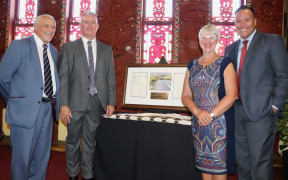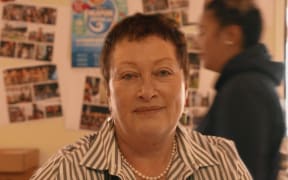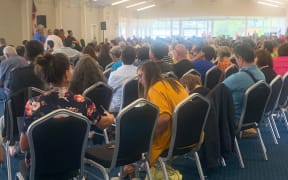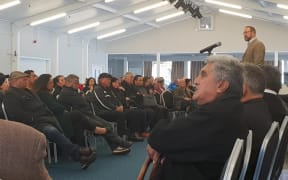Iwi companies worth billions of dollars are unfazed by a year of poor returns.
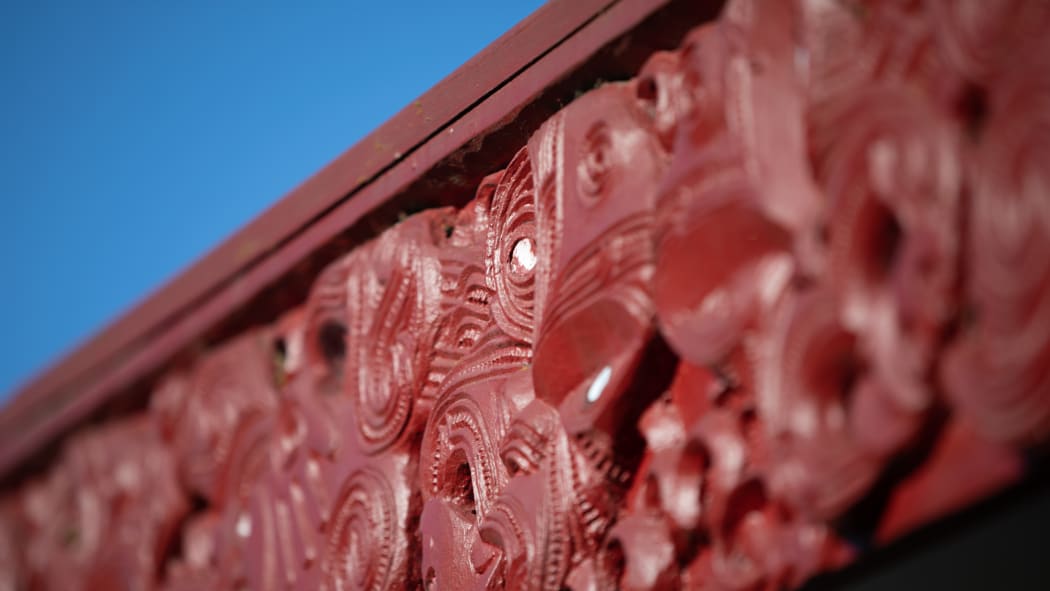
Photo: RNZ / Dan Cook
A new report from consulting firm TDB Advisory found most iwi were too reliant on investments in property and primary industries.
It follows a year of weak returns in 2019 for eight of the iwi: Ngāi Tahu, Ngāpuhi, Ngāti Awa, Ngāti Porou, Ngāti Whātua Ōrākei, Raukawa, Tūhoe and Waikato-Tainui, which have a combined worth of $5.5bn, or 60 percent of all post-settlement iwi worth.
Ngāpuhi is the largest iwi, with more than 140,000 members, but has the least money with its $62 million in assets coming mainly from fisheries.
Despite this, it was the only iwi besides Tūhoe to report a gain - albeit of less than 2 percent - which Te Rūnanga a Iwi o Ngā Puhi chair Mere Mangu was proud of.
"It doesn't matter that it's a small amount, it's an incremental amount ... we are going forward and that's what matters - bringing the benefit back to our people."
She said she was looking forward to new investment opportunities once the iwi had settled its treaty claim.
The report found the returns of many iwi were closely linked to the performance of their local property market, with many holding a large portion of their assets in property within their rohe.
The report acknowledged there were "often strong cultural and historical reasons for such concentration in their portfolios" but it was "risky from a financial perspective".
Auckland central hapū Ngāti Whātua Ōrākei was almost entirely invested in property (94 percent), and the report noted this had yielded strong returns in recent years, but said the iwi was "highly exposed to risk associated with the Auckland property market, as is apparent in this year's relatively weak financial performance".
Ngāti Whātua Ōrākei Whai Rawa chief executive Andrew Crocker said he was not concerned.
"The majority of our assets are in property in Tāmaki Mākaurau, there's no question that's absolutely correct ... but I wouldn't say we're concerned about it."
"For instance Te Tōangaroa - or Quay Park - which was purchased in 1996 is our single largest investment of prime land in the central business district, and I think you'd look at that and say that's a very sound long-term investment."
He said the iwi had made steps to diversify its portfolio by investing in the Eastcliffe Retirement Village and was exploring opportunities in tourism this year.
The report said iwi investors were different to others as they had to think longer term, and were therefore less tolerant to risk.
Ngāi Tahu saw its return drop from an average of 10 percent to just 0.5 percent after it wrote down more than $57.1m, having taken a risk on Oha Honey.
Ngāi Tahu did not respond to RNZ's request for comment.

